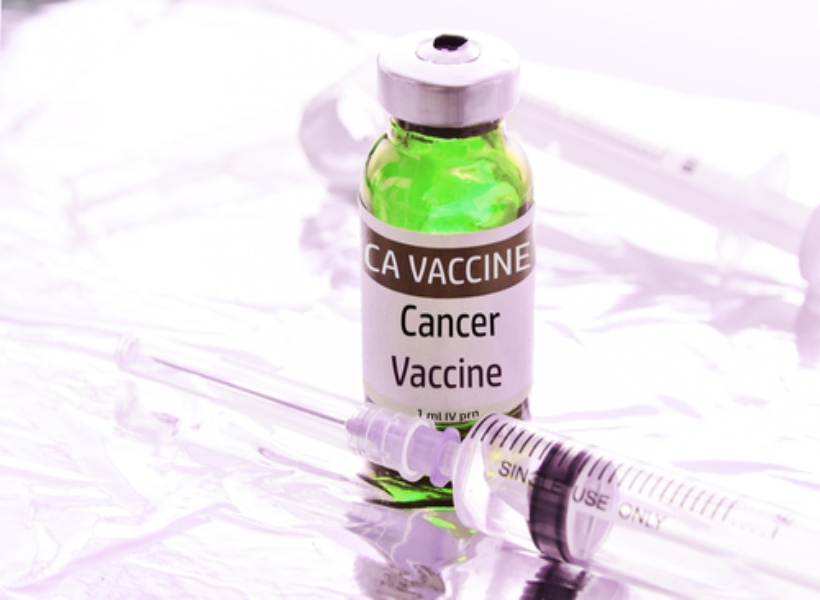Medical experts often preach that “prevention is always better than cure”. Much of the time this translates to embracing healthy lifestyle choices, that is, changing your diet, exercising, consuming less alcohol and avoiding tobacco at all costs. But this may not always be the working solution for everyone, especially those who are predisposed to certain diseases because of their genetics.
However, at the pace scientists are working to combat some dreaded diseases that have been known to wreak havoc on mankind, even those genetically prone may be able to find solace.
Take for example, not so long ago researchers at the renown Stanford University were recruiting lymphoma patients in a clinical trial to test a potential vaccine to ward off multiple cancers. Currently the vaccine Gardasil is being used to protect girls from HPV which causes cancer of the cervix.
From all indications, the cancer vaccine in testing has been found to be viable. This is in light of the facts detailed in a study (www.med.stanford.edu/news) conducted by the university which theorized that by injecting smalls amounts of “immune-stimulating agents” directly into solid tumours in mice could eliminate all traces of cancer in the animal. According to the study, it is believed that the vaccine could work for many types of cancer.
Still keeping the crucial details of its research under wraps, Stanford revealed that at least one of the two agents which makes up the vaccine is already approved for use in humans and the other has been tested for human use in several unrelated clinical trials. It is believed that lobbying moves could be soon underway for the combination to be approved for human use once the vaccine works well on human subjects.
If such a vaccine is able to garner all necessary approvals, this could in fact be one of the most extraordinary breakthrough known to mankind.
This is owing to the fact that cancer is the second leading cause of death globally. As at last year it accounted for an estimated 9.6M death, according to the World Health Organisation (WHO). WHO has established too that among men, lung, prostate, colorectal, stomach and liver cancers are the most common, while those most common among women are: breast, colorectal, lung, cervix and thyroid.
Can you imagine a world where a mere vaccine can help save your relative or close friend from the excruciating impact of ‘multiple’ cancers?
But until the trials are completed and the vaccine has been proven worthy of being added to the immunization schedule, those predisposed to this disease, and even those who choose to safeguard themselves even though not vulnerable, can continue to rely on early screening. Early screening remains the number one recommendation for helping to combat just about any cancer.
Added to this, WHO has substantiated our earlier notion that by modifying or avoiding key risk factors including: avoiding tobacco products, reducing alcohol consumption, maintaining a healthy body weight and exercising regularly, can help to prevent about 30 to 50 percent of all cancer deaths.
So as we await the hopeful approval of this astounding breakthrough, lets strive to ensure that we are not included in the growing cancer(s) statistics, by seeking to be screened early for the various cancers at least once yearly, or twice if predisposed.











